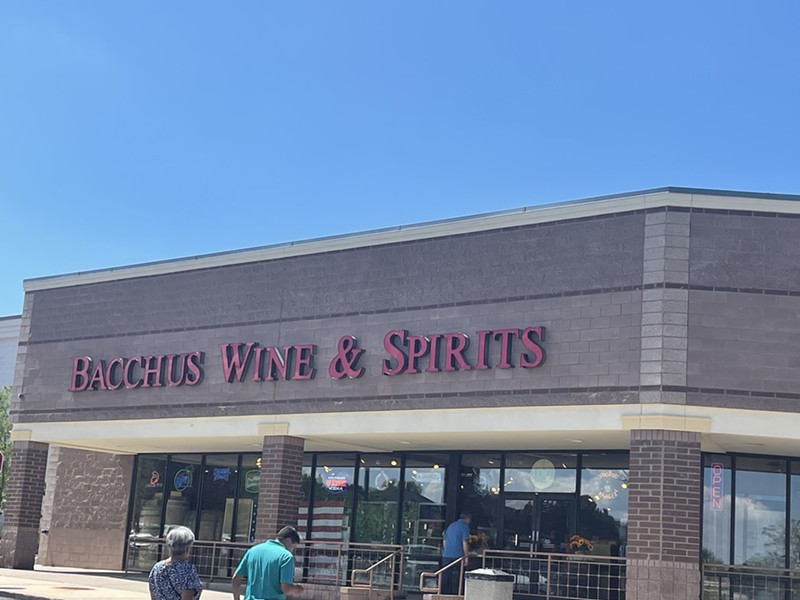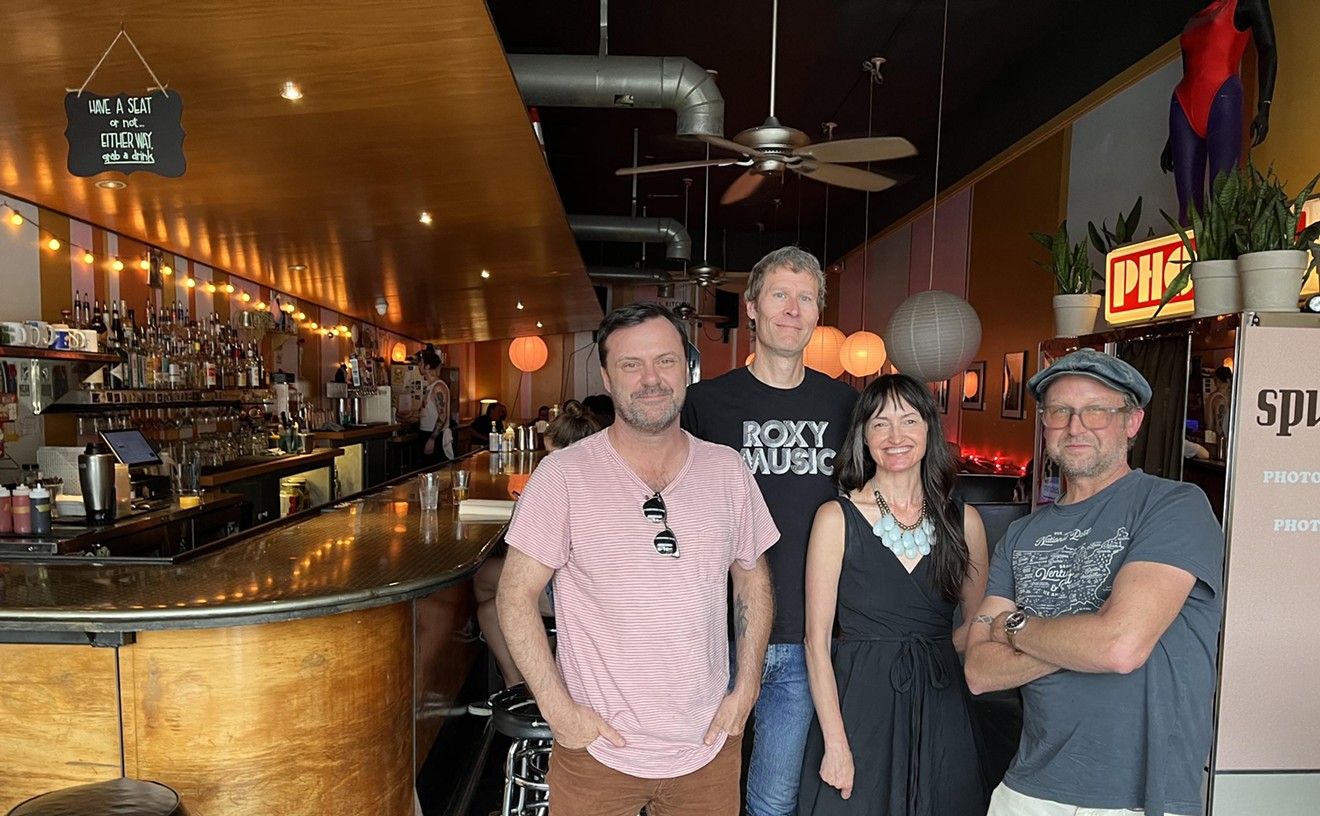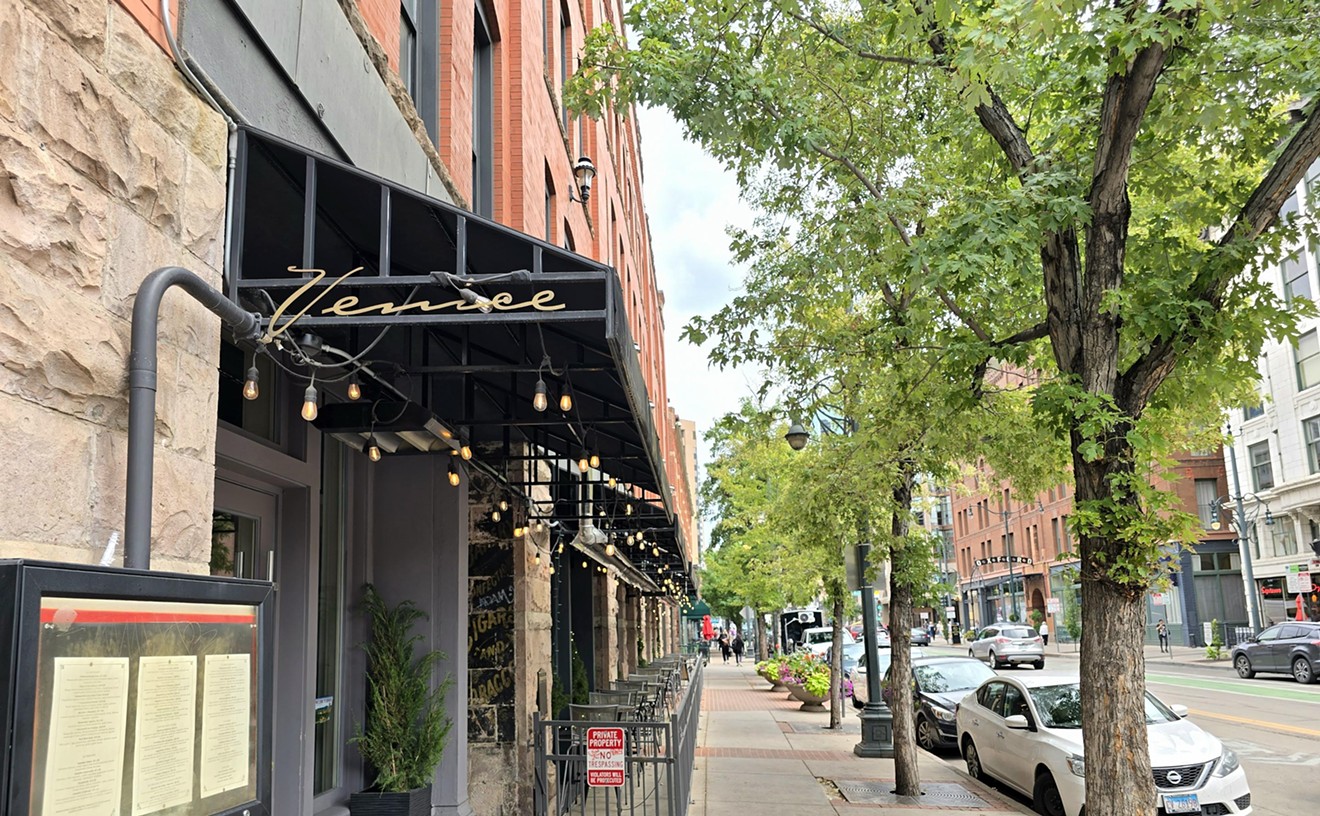On August 26, the Colorado Secretary of State's Office announced that multiple liquor-related initiatives will be on the ballot this November.
If passed, Initiative 96, “Concerning Liquor Licenses,” would increase the number of liquor licenses a person can hold or have a share in; Initiative 121, “Sale of Alcohol Beverages,” would allow grocery and convenience stores to sell wine; and Initiative 122, “Third-Party Delivery of Alcohol Beverages,” would allow third-party companies like Uber Eats and DoorDash to deliver alcohol from stores and restaurants.
Each of these initiatives needed 124,632 legitimate signatures to get on the ballot. Initiative 96 delivered 225,400, Initiative 121 turned in 192,017 and Initiative 122 submitted 185,790. After taking a 5 percent random sample of the signatures, the Elections Division of the Secretary of State's Office projects the amount of valid signatures. If the projected amount is greater than 110 percent, the initiative is set for the ballot; each of these initiatives met that requirement.
Local liquor stores located near grocery stores are concerned about the impact of 121. In conversations with Westword, two owners said they were worried about the possible impact of Initiative 121 passing; they predict that the measure will tank their sales, forcing them to lay off employees and cut their budgets.
Grocery stores, on the other hand, say they are fighting for convenience for shoppers, adding that Initiative 122 would be beneficial for every store that sells liquor.
[
{
"name": "Air - MediumRectangle - Inline Content - Mobile Display Size",
"component": "12017618",
"insertPoint": "2",
"requiredCountToDisplay": "2",
"watchElement": ".fdn-content-body",
"astAdList": [
{
"adType": "rectangle",
"displayTargets": "mobile"
}
]
},{
"name": "Editor Picks",
"component": "17242653",
"insertPoint": "4",
"requiredCountToDisplay": "1",
"watchElement": ".fdn-content-body",
"astAdList": [
{
"adType": "rectangle",
"displayTargets": "desktop|tablet"
},{
"adType": "rectangle",
"displayTargets": "desktop|tablet|mobile"
}
]
},{
"name": "Inline Links",
"component": "18838239",
"insertPoint": "8th",
"startingPoint": 8,
"requiredCountToDisplay": "7",
"maxInsertions": 25
},{
"name": "Air - MediumRectangle - Combo - Inline Content",
"component": "17261320",
"insertPoint": "8th",
"startingPoint": 8,
"requiredCountToDisplay": "7",
"maxInsertions": 25,
"watchElement": ".fdn-content-body",
"astAdList": [
{
"adType": "rectangle",
"displayTargets": "desktop|tablet"
},{
"adType": "rectangle",
"displayTargets": "desktop|tablet|mobile"
}
]
},{
"name": "Inline Links",
"component": "18838239",
"insertPoint": "8th",
"startingPoint": 12,
"requiredCountToDisplay": "11",
"maxInsertions": 25
},{
"name": "Air - Leaderboard Tower - Combo - Inline Content",
"component": "17261321",
"insertPoint": "8th",
"startingPoint": 12,
"requiredCountToDisplay": "11",
"maxInsertions": 25,
"watchElement": ".fdn-content-body",
"astAdList": [
{
"adType": "leaderboardInlineContent",
"displayTargets": "desktop|tablet"
},{
"adType": "tower",
"displayTargets": "mobile"
}
]
}
]












